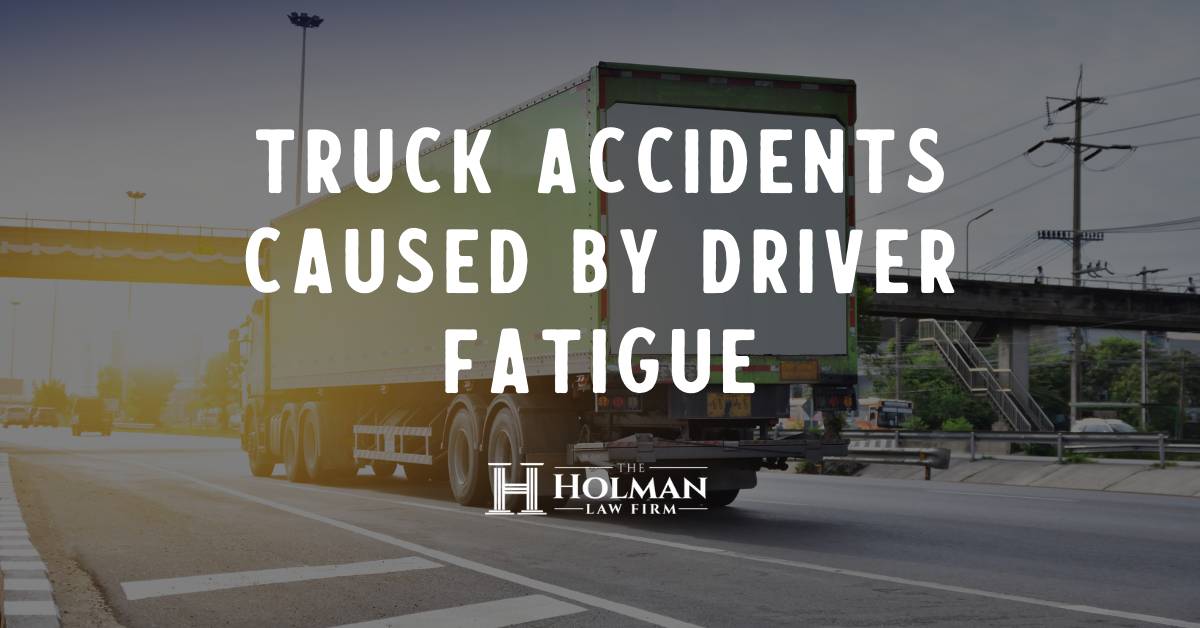Did you know that you are three times as likely to be involved in an accident if you are driving while fatigued? Driving while tired is something we’ve probably all done and we might not even notice it. You’re driving along and suddenly you find yourself nodding off or you can’t remember the last stretch of road.
Driving while drowsy is almost as bad as driving drunk. According to the National Safety Committee, driving after going more than 20 hours without sleep is the equivalent of driving with a blood-alcohol concentration of 0.08% – the U.S. legal limit.
When you’re driving in a large or oversized vehicle like a truck, you’re already at an increased risk for accidents – add fatigue to that and it’s a recipe for disaster.
Why Fatigued Driving is Dangerous
Driving while tired is exceptionally dangerous for a number of reasons. Your reaction time is decreased, meaning you won’t be able to react with the speed or agility you would when well-rested. This means avoiding debris in the road, animals and other drivers who may enter your lane becomes more difficult. Additionally, braking time is increased, meaning you may not come to a stop in time to avoid a wreck.
When you’re tired you’re not as alert, meaning you may drift out of your lane, miss a car that is passing you, changing lanes, or braking abruptly. Additionally, you may even miss vital clues about road conditions like changes in speed limits, construction, road obstructions or detours.
Signs You’re Fatigued While Driving
The trouble with fatigued driving is you might feel fine when you get into the vehicle, but when you start to relax while sitting for a while you begin to drift off. Here are a few signs you may be fatigued while driving and should pull over to rest.
Frequent yawning
Difficulty keeping your eyes open
Trouble keeping your head up
Missing road signs or turns
Difficulty maintaining speed
Drifting in and out of your lane
How to Combat Fatigued Driving
Drowsy driving is highly dangerous and should be avoided at all costs. Here are a few things you can do to avoid it.
Get adequate sleep each night – Doctors suggest getting 8 hours of sleep each night to be well-rested.
Avoid driving in the early morning or late at night – If you find it takes you some time to be fully awake in the morning, try waking up about an hour before you need to be on the road so you have time to wake up fully. Additionally, stop driving for the day before you get tired.
Drink caffeine – Caffeine is good for short-term driving, like getting to a rest area to sleep for the night, but should not be used as a long-term solution.
Read medication labels clearly – One cause of fatigue or drowsiness can be medication. Be sure to read the labels on any medication you take and consult your doctor about when it’s safe to operate a vehicle.
Services We Offer:
Family Law | Child Custody | Divorce | Personal Injury | Auto Accidents



